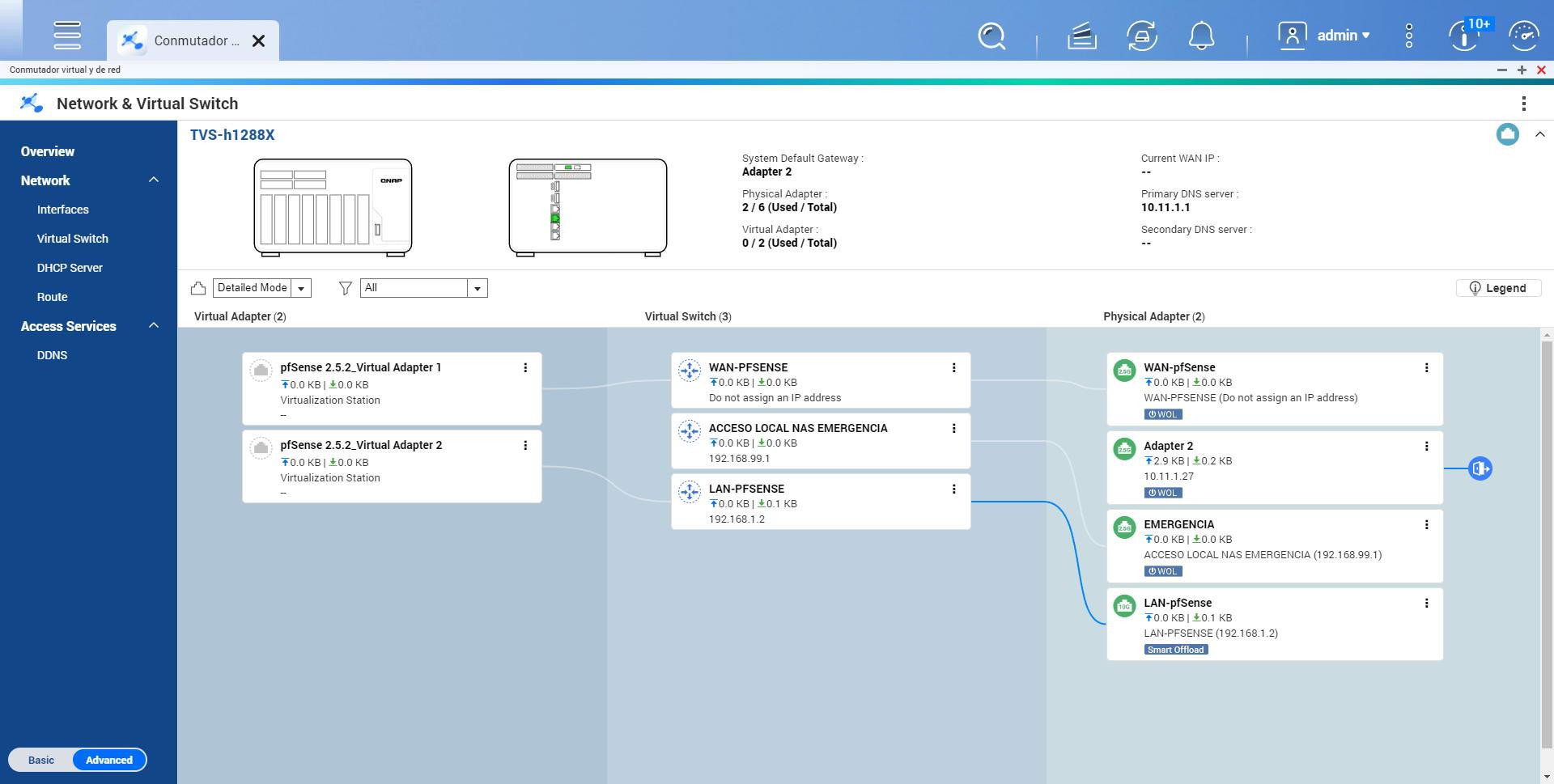
The internet is a powerful tool for learning and playing. However, for impressionable young minds, it’s critical that they are protected against cyber threats, cyberbullying, inappropriate and harmful content, and contact with dangerous or undesirable people. The modern child is born into an internet-equipped world and will stay almost perpetually connected throughout their lifetime. How can you keep them safe? Let’s look at some practical tips.
Key Internet Dangers for Kids
It is nearly impossible to shield a child from the internet today. Not only do they need internet-connected devices for school, but peers and friends lead online lives, and much socialization has gone online too. While the news is always rife with scare stories, what are the key dangers that face young minds- and how do we help them stay safe online?
- Cyberbullies: Real-life bullying can continue online, robbing children of any safe space to avoid it.
- Predators: From gaming lobbies to social media, it is easier than ever for undesirable people to access vulnerable populations
- Phishing: Children are a great source of sensitive information about themselves and family for scammers to use
- Inappropriate Content: From pirated material to age-inappropriate content, violence, and sexually explicit or violent content.
- Security Hazards: Malware infections, malicious software, adware programs, and popups can all be unwittingly installed by children.
Protecting Children Online
Parental control features, often bundled with platforms and solutions you are already using- are a great way to limit a child’s access to the wider internet. But internet safety for children doesn’t stop there, either. Not only do older children quickly learn to bypass these sorts of controls, but they learn no lessons from their use- and any modern child needs to learn how to keep themselves safe on the internet, not be shielded entirely from it by fearful parents as though they can ignore it forever.
It’s no longer realistic to raise a child in a completely offline environment, especially as more and more learning opportunities also go online. Giving your children safety education and then allowing some trust in behaviors allows them to learn and grow organically. Here are key internet safety lessons every child should know:
Not to Talk to Strangers (or About Themselves)
Online friendships are as real as face-to-face relationships, be it gaming or social media. However, revealing too much personal information, especially to strangers, is dangerous. They may be out-and-out predators or cyber criminals, but there are more subtle risks, too- scams to illicit money, inappropriate personal relationships with peers, sharing pictures and personal information, and so on.
Teach your children from a young age to understand that people may not be who they say they are online. Let them know not to share information, even with good ‘real’ friends, and not to succumb to peer pressure around issues like photos and nudes. And explain why passwords and logins should never be shared.
Avoid (and Report) Bullies
Despite the best efforts of moderators and site owners, bullies abound online. Social media can be worse. Teach your children to document bullying behaviors, report them to the platform and you, and how to block and disengage from these tactics. Be open and encourage these dialogues. And make sure you aren’t modeling online bullying behavior to your children when you interact online.
Be Skeptical
‘Malicious software’ may be too much for young children to conceptualize, but they can be taught about some ‘bad’ links making the PC ‘sick’ from a young age. Teach them to not fall for lofty promises, that ‘too good to be true’ is a thing, and to sensibly evaluate links and sites before using them.
Permanence
It is also wise to teach children that anything shared stays shared, even if it feels ‘private’ when they send it. They should share nothing they wouldn’t be happy to have seen in public.
Above all, make sure your parenting hat is firmly on. You need to establish and stick to ground rules, but they should be fair and encourage the child to grow their own confidence online, not see you as a Regimental Sergeant to hide things from. Encourage them to come to you with issues and problems instead of hiding them from you, and be a safe supporter of their online learning journey.



